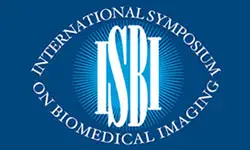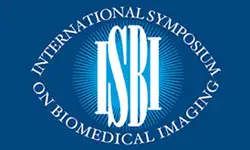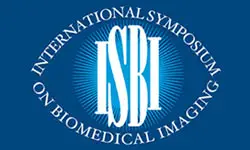A Sequential Contrastive Learning Framework For Robust Dysarthric Speech Recognition
Lidan Wu, Daoming Zong, Jing Zhao, Shiliang Sun
-
Members: FreeSPS
IEEE Members: $11.00
Non-members: $15.00Length: 00:07:20
11 Jun 2021
Dysarthria is a manifestation of the disruption in the neuro-muscular physiology resulting in uneven, slow, slurred, harsh, or quiet speech. Despite the remarkable progress of automatic speech recognition (ASR), it poses great challenges in developing stable ASR for dysarthric individuals due to the high intra- and inter-speaker variations and data deficiency. In this paper, we propose a contrastive learning framework for robust dysarthric speech recognition (DSR) by capturing the dysarthric speech variability. Several speech data augmentation strategies are explored to form two branches of the framework, meanwhile alleviating the scarcity of dysarthria data. We also develop an efficient projection head acting on a sequence of learned hidden representations for defining contrastive loss. Experiment results on DSR demonstrate that the model is better than or comparable to the supervised baseline.
Chairs:
Paavo Alku



